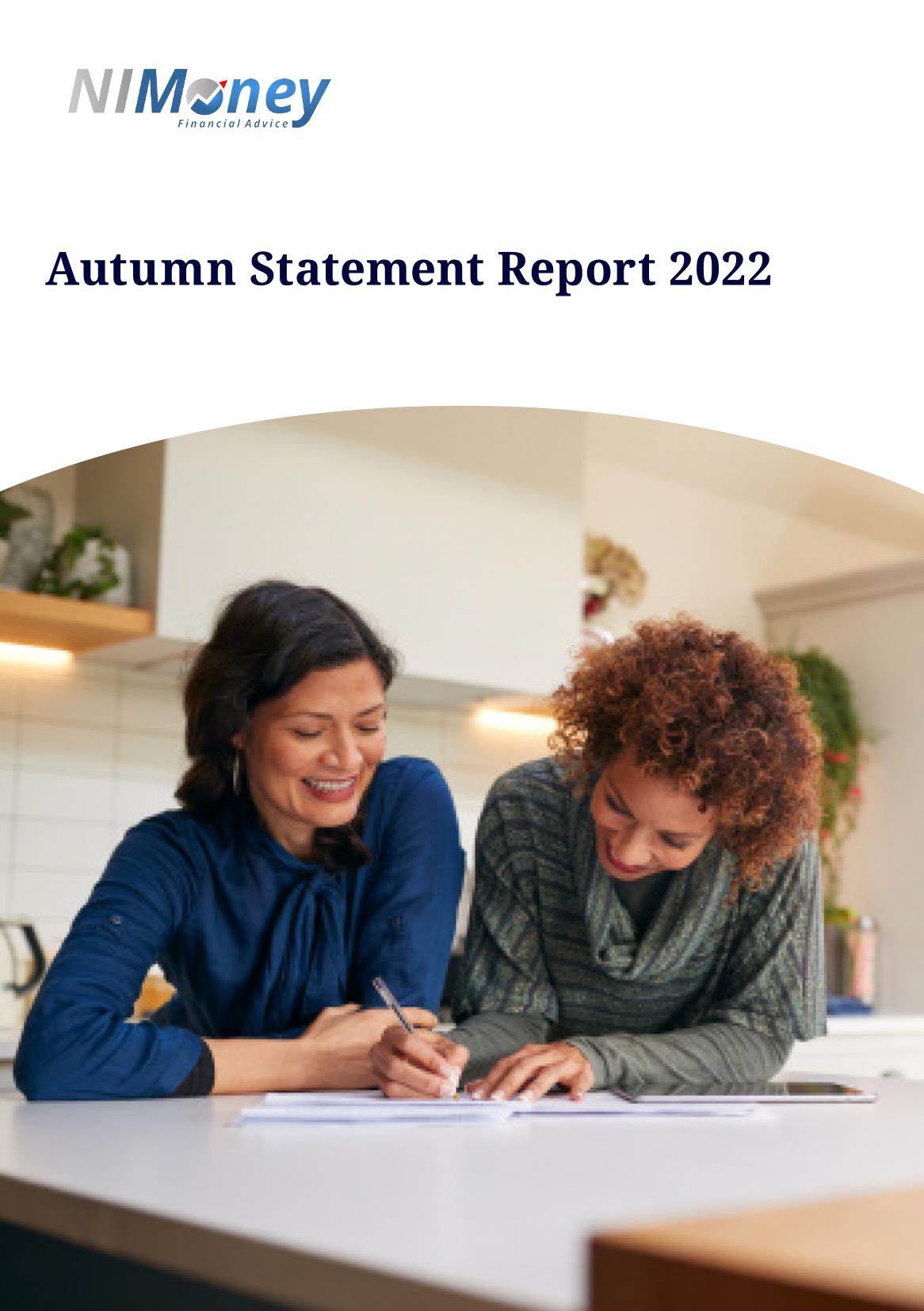Consolidating your pensions - is it a good idea?
What should you consider?

Consolidating your pensions – is it a good idea?
Jenny is a 47-year-old Account Manager with a long and varied CV.
She hasn’t quite had more jobs than hot dinners but, when she thinks about the various pensions she’s acquired over the years, sometimes it feels that way.
Jenny has recently been considering consolidating pensions. But is combining her pensions necessarily the best way forward?
There are several potential advantages of consolidating your pensions.
Easier to manage - One of the main advantages Jenny might gain by combining her pensions is it should be easier for her to manage her retirement pot and reduce her chances of losing track of any savings.
In October 2024, data published by the Pensions Policy Institute revealed that almost 3.3 million UK pension pots worth £31.1billion were no longer matched to their owners, putting these savers in danger of missing out on significant sums of cash.
Lost pensions are worth an average of £9,470 each and often become unmatched from owners who fail to tell providers when they move home. If you’ve lost track of a pension, the government’s pension tracing service may help you find it.
Lower costs - By combining her various pensions, it’s also possible Jenny will be able to reduce the fees she pays.
She’s currently paying separately for the administration of each of her pensions. This isn’t very cost effective and makes it difficult for Jenny to keep track of what she’s paying in total.
Better returns - If Jenny’s various pensions aren’t working hard to grow her savings, consolidation may be a good option.
By switching to a provider that offers more investment options than those available through some older schemes, she may be able to make her money work harder and potentially increase the size of her pension pot.
Increased flexibility - Schemes set up before pension freedoms were introduced in 2015 may not be as flexible as newer schemes.
By combining her pensions, Jenny might benefit from greater freedom in how she’s able to access her money.
Income drawdown came into effect in 2015. This makes it possible for people to withdraw money from their pensions from the age of 55*. Older pensions may not offer this option.
Before consolidating pensions, there are some important considerations
Do existing pensions come with valuable benefits? Jenny might be better leaving a pension where it is, if transferring money out would mean she’d end up sacrificing valuable benefits.
Benefits she might not want to give up include:
· a guaranteed annuity rate
· the ability to withdraw more than the standard 25% tax-free cash sum allowed under drawdown
· being able to take a pension earlier than 55
· life insurance or critical illness cover
Are any of the existing pensions final salary pensions? Final salary pension schemes offer a guaranteed income for life, inflation protection and they may pay out to a surviving spouse if Jenny dies after reaching the scheme’s pension age.
Often, it makes sense to leave final salary pensions where they are.
Are there exit fees? If any of Jenny’s current providers charge significant exit fees, she’ll need to make sure those costs don’t outweigh any potential gains.
As she won’t be needing her pension for over ten years, it may be cost effective to switch despite hefty exit fees. However, if she was closer to retirement, there may not be enough time for any gains she might make through higher returns to outweigh the exit-fee costs.
How are her current pension schemes performing? If Jenny’s current pension schemes are generating strong returns, it might not be worth moving them for the sake of a little less admin.
She shouldn’t assume that moving her money will result in a bigger pension pot.
The importance of expert advice
Deciding whether to consolidate pensions isn’t always straightforward. Jenny may well benefit by getting help from a qualified financial adviser. A professional will make sure she doesn’t inadvertently lose access to valuable benefits or reduce the potential returns of her investments.
* Please note, from 2028, this will change to age 57.
The value of investments and any income from them can fall as well as rise and you may not get back the original amount invested.
Past performance is not a reliable indicator of future performance and should not be relied upon.
HM Revenue and Customs practice and the law relating to taxation are complex and subject to individual circumstances and changes which cannot be foreseen.
Key takeaways:
- Whether it’s a good idea to consolidate your pensions will depend on your personal situation and pension schemes.
- Combining pensions can make them easier to manage and reduce costs, as well as offering the potential for increased returns and more flexibility.
- It’s possible you may sacrifice valuable benefits by consolidating your pensions.
- Final salary pensions are usually best left where they are.
- Hefty exit fees may mean it’s not cost effective to move your money.
- If your current pensions are already generating strong returns, it may not be advisable to consolidate.
- Getting professional advice could prevent you making a costly mistake.
Approved by The Openwork Partnership on 21/01/2025
Exp: 20/01/2026










